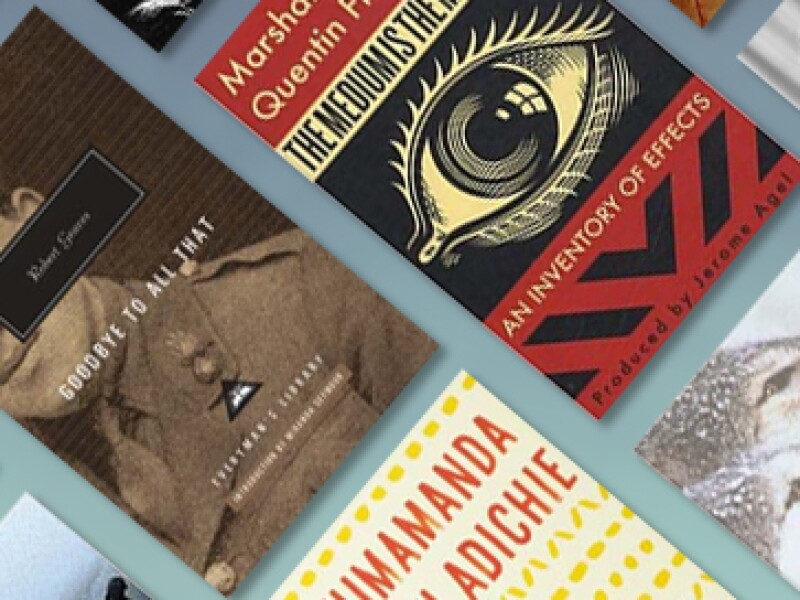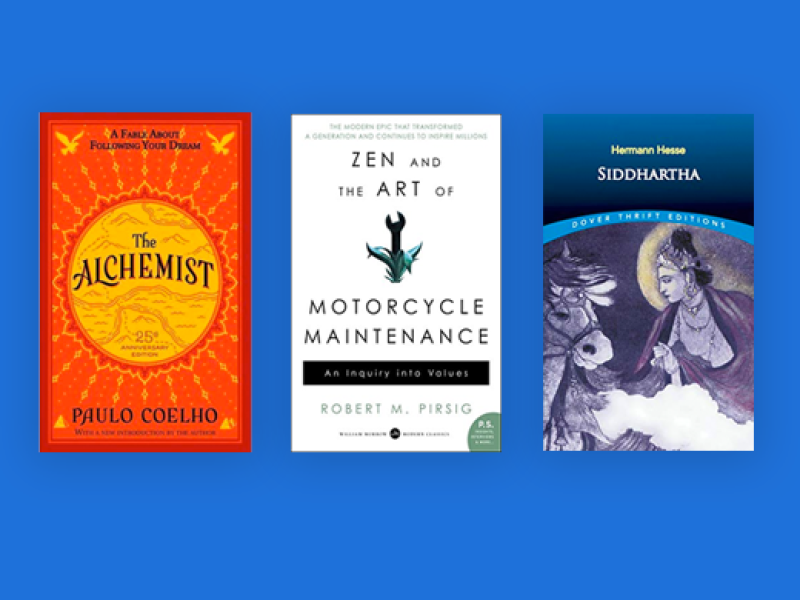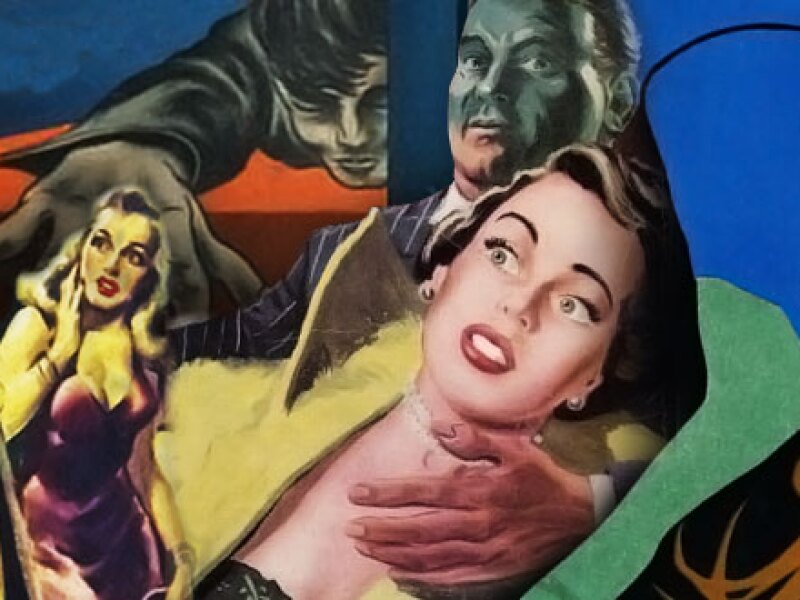What makes a classic book? My eight-year-old asked this question after spending several days with her nose buried in Charlotte's Web. “Errr - I think it's a very good book liked by lots people that stands the test of time,” I replied. “If people are still reading the book 50 years after it was published then it's probably on its way to being a classic.”...
Here's the catch. For me, classic books need to be readable because I'm not studying literature at university these days. There are many important books published decades or even centuries ago that have great significance but I'm not going to recommend them. The prime example is Moby Dick, which I have read and I will never recommend. Life's too short and that novel is too hard to read. The most challenging book on this list is The Seven Pillars of Wisdom because its length.
Also some major examples of classic literature that make everyone else's list did not make mine because they are not my cup of tea. I've tried to like F. Scott Fitzgerald but we just never got on. On the Road goes off the road for me. Holden Caulfield is a phony as far I'm concerned.
The most recent book on my list is Tinker Tailor Soldier Spy from 1974 and I am worried that might be a little recent for the 'classic' tag. The oldest is Don Quixote, from 1605, which I read as a child and didn't remotely consider as old-fashioned.
This list of books includes three each from Robert Louis Stevenson and George Orwell, and two each from Charles Dickens and Ray Bradbury. The settings include two islands, an inn, a farm, a hospital and a garden. Through these books, you could visit the Yukon, Gloucestershire, Brighton, Paris, the Alps, Spain, Kansas and Cyprus, and meet pirates, smugglers, soldiers, spies and firemen.











































